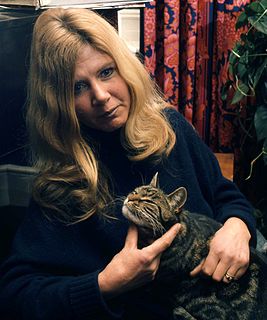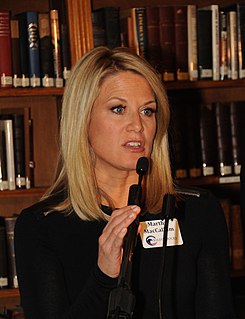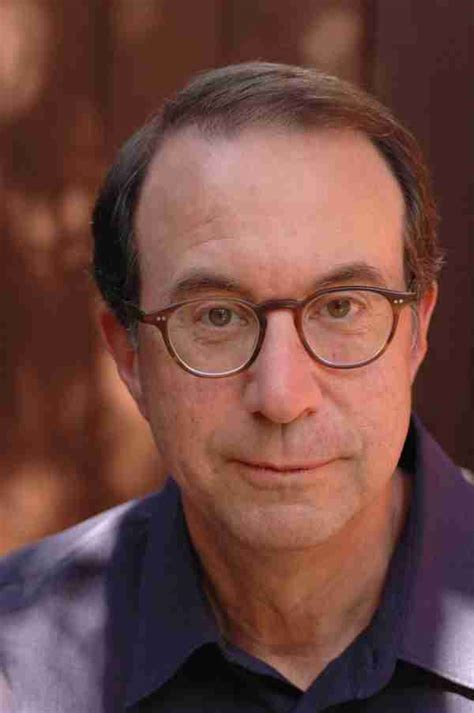A Quote by Stephen Fry
Somehow, as a writer, you tend to use words to paper over structural cracks.
Related Quotes
Over time, I have come to see the work of literature less as narrating the world than "seeing the world with words." From the moment he begins to use words like colors in a painting, a writer can begin to see how wondrous and surprising the world is, and he breaks the bones of language to find his own voice. For this he needs paper, a pen, and the optimism of a child looking at the world for the first time.
I like "Rock, Paper, Scissors Two-Thirds." You know. "Rock breaks scissors." "These scissors are bent. They're destroyed. I can't cut stuff. So I lose." "Scissors cuts paper." "These are strips. This is not even paper. It's gonna take me forever to put this back together." "Paper covers rock." "Rock is fine. No structural damage to rock. Rock can break through paper at any point. Just say the word. Paper sucks." There should be "Rock, Dynamite with a Cutable Wick, Scissors."
The writer learns to write, in the last resort, only by writing. He must get words onto paper even if he is dissatisfied with them. A young writer must cross many psychological barriers to acquire confidence in his capacity to produce good work-especially his first full-length book-and he cannot do this by staring at a piece of blank paper, searching for the perfect sentence.
As a poet and writer, I deeply love and I deeply hate words. I love the infinite evidence and change and requirements and possibilities of language; every human use of words that is joyful, or honest or new, because experience is new... But as a Black poet and writer, I hate words that cancel my name and my history and the freedom of my future: I hate the words that condemn and refuse the language of my people in America.
I have a problem with writer/directors, personal. I can't work well with both of them on the set, if both of them are giving instructions. Writers tend to be in love with what they wrote. You can't always translate the words into the meaning, sometimes the meaning is better served without the words, difficult to make a writer to try to understand that. It gets, sometimes, tense.
If you give a writer a pile of blank paper and say you can write anything you like on any subject you want at any length you want, you will probably never get anything at all, whereas if you have 900 words to write, and it's fiction that is somehow op-ed fiction, and it needs to tie in with Halloween . . . okay, those are my constraints, that's where I now need to start building something.
Writing in a journal is just a stall, a waiting game, a way to tell yourself that you're working when you're not, that you're doing something of value when you're just using up paper, that you're a writer when in fact you're just going through the motions of one. Look at me! I have blank paper in front of me-and now I'm filling it, with words!
In a sense my whole life as a writer is trying to find structural ways, or formal ways, to permit that outflowing so it doesn't just look like crazy output. In other words, if it turns out that you can do a given voice, that's just kind of inclination. But then if you can find a way to put that voice in a story so that the voice serves a purpose, then I would say that's being a writer.
































